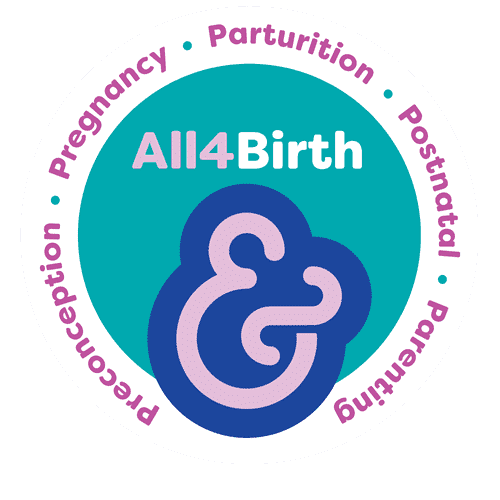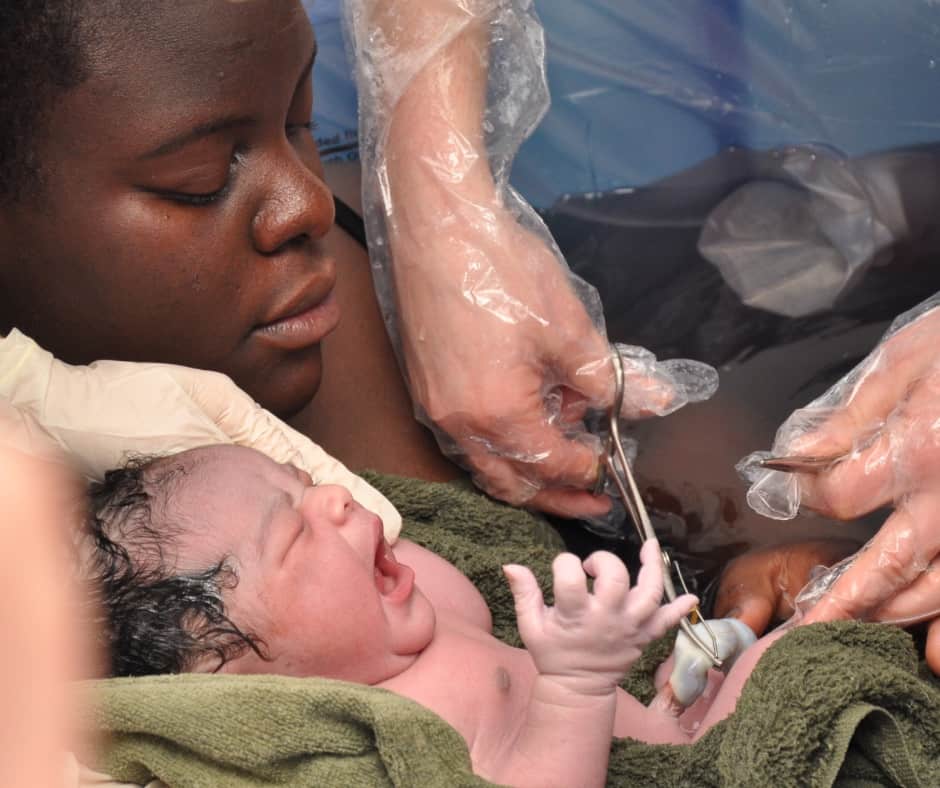Michael Johnson-Ellis
Co-Founder & Co-CEO | My Surrogacy Journey
@officialmysurrogacyjourney
Summary
Creating families through surrogacy requires healthcare professionals to embrace a fundamentally different approach, one built on inclusion, empathy, and deep understanding. As surrogacy journeys become increasingly common across the UK, particularly among infertile heterosexual people (who may come from a place of loss) and those within LGBTQ+ communities (where the process is more planned), birthing professionals find themselves supporting births where the person giving birth isn’t the legal parent.
Yet despite growing social acceptance, a troubling gap remains. Many healthcare professionals, paralysed by fear of saying the wrong thing, inadvertently exclude intended parents from one of life’s most precious moments. Some parents miss their child’s birth entirely, not due to medical emergencies, but because of institutional uncertainty and lack of clear polices and updated protocols. These are parents, not birthing partners and providing everyone has consented to the parents being at the birth, surely that’s in the best interest of all parties?
This article combines evidence-based insights, practical guidance, and real family stories to transform how we support surrogacy births, ensuring every family feels welcomed and included during this life-changing moment.
What We Know: The Evidence Base
Research consistently demonstrates that surrogacy journeys yield overwhelmingly positive psychological outcomes for children and parents when three critical elements are present: openness, thorough preparation, and comprehensive support.
The Royal College of Obstetricians and Gynaecologists (RCOG) and Human Fertilisation and Embryology Authority (HFEA) emphasise the vital importance of personalised care plans that honour and respect all parties involved in the surrogacy journey.
Key findings show:
- Clear, proactive communication between surrogacy teams, hospital staff, and intended parents creates safer, more inclusive birth experiences
- Recognising intended parents as central figures in the birth process, regardless of who’s physically giving birth, directly correlates with improved mental well-being and stronger parent-child bonding
- Early intervention and planning significantly reduce anxiety and confusion during labour and delivery
What We Don’t Know: Critical Gaps
Despite positive research outcomes, significant systemic gaps persist that affect thousands of families annually.
The challenges are stark:
- No mandated policies that exist for perinatal care specifically designed for surrogacy arrangements, only a Gov.UK guidance document for healthcare professionals
- Most NHS Trusts or Health Boards lack dedicated surrogacy pathways, creating wildly inconsistent experiences between hospitals
- Healthcare professionals report widespread uncertainty about appropriate terminology, consent procedures, and advocacy approaches
- Limited research exists on how these inconsistencies impact parents’ postnatal mental health and early bonding experiences
- Viewpoints on inclusive language, or personal opinions about surrogacy not aligned with individualised care
This knowledge gap means that whether intended parents feel welcomed or excluded often depends entirely on which hospital they attend, and which staff happen to be on duty, an unacceptable lottery system for such a crucial life event to which at the centre of all of which is a child, and an exciting yet nervous brand new family.
For Intended Parents: Taking Control of Your Experience
Don’t leave your birth experience to chance. Here’s how to advocate for the inclusive experience you deserve:
Before Birth:
- Review the hospital’s Surrogacy policy once more
- Schedule early planning meetings with your hospital team and surrogacy support organisation, ideally by 32 weeks. If you are supported via a surrogacy organisatio,n you will more than likely have a detailing birthing preferences document
- Include your surrogate in conversations (with her consent). Collaborative planning builds confidence and understanding for everyone
- Request a hospital tour specifically focused on birth and postnatal processes for surrogacy arrangements
- Document agreements (birthing preferences) in writing to avoid confusion during labour
During Your Journey:
- Ask how many successful surrogacy births your NHS Trust or Health Board has completed
- Use your voice confidently. If something feels wrong, speak up immediately or ask your surrogacy organisation to advocate
- Connect with peer communities like My Surrogacy Journey or local LGBTQ+ parenting groups for both emotional support and practical advice
- Prepare backup plans for different scenarios, including emergencies
For Healthcare Professionals: Creating Inclusive Care
Healthcare professionals hold immense power to transform surrogacy birth experiences. Small changes in approach can make the difference between exclusion and celebration.
Practical Steps:
- Ask proactive questions early: Who will be present? What language does the family prefer? How would the surrogate like to be supported?
- Use inclusive, respectful language: “intended parent(s)” and “surrogate” rather than defaulting to assumptions about “mum” and “dad”
- Develop or advocate for local protocols: Create simple checklists to eliminate confusion and ensure consistency
- Designate a surrogacy liaison: Identify a lead midwife to coordinate across teams and serve as the primary contact
- If in doubt, just ask. They will all appreciate the fact you just want to get it right
Remember: Your role isn’t just medical; you’re helping create the first chapter of a family’s story together.
Links to other resources
 Websites and Further Research
Websites and Further Research
- My Surrogacy Journey – Comprehensive support and community
- RCOG Best Practice Guidance on Surrogacy – Professional clinical guidelines
- HFEA Surrogacy Overview – Regulatory framework and legal guidance
- UK – Guidance for Healthcare professionals
References
- Human Fertilisation and Embryology Authority. https://www.hfea.gov.uk/treatments/explore-all-treatments/surrogacy/
- Royal College of Obstetricians and Gynaecologists.Supportive Obstetrics Special Interest Training Module (SITM) 2024 Guide. Version 1.02, May 2024.
- Golombok S, Blake L, Casey P, Roman G, Jadva V. Children born through reproductive donation: a longitudinal study of psychological adjustment. J Child Psychol Psychiatry. 2013;54(6):653-660.
- Crawshaw M, Blyth E, van den Akker O. The changing profile of surrogacy in the UK – implications for national and international policy and practice. J Soc Welf Fam Law. 2012;34(3):267-277.









